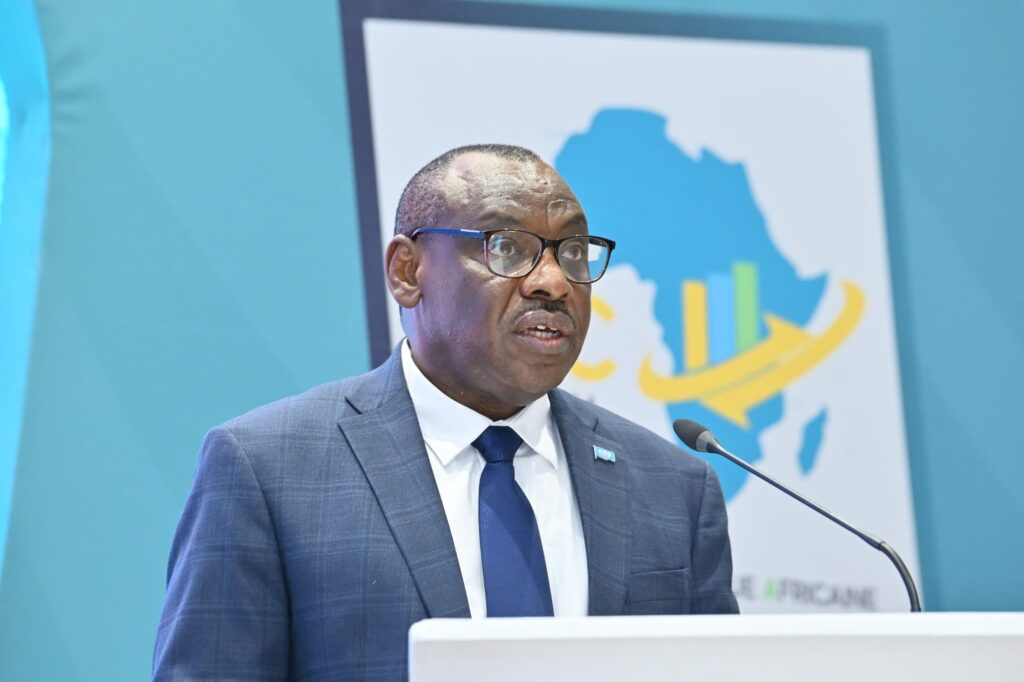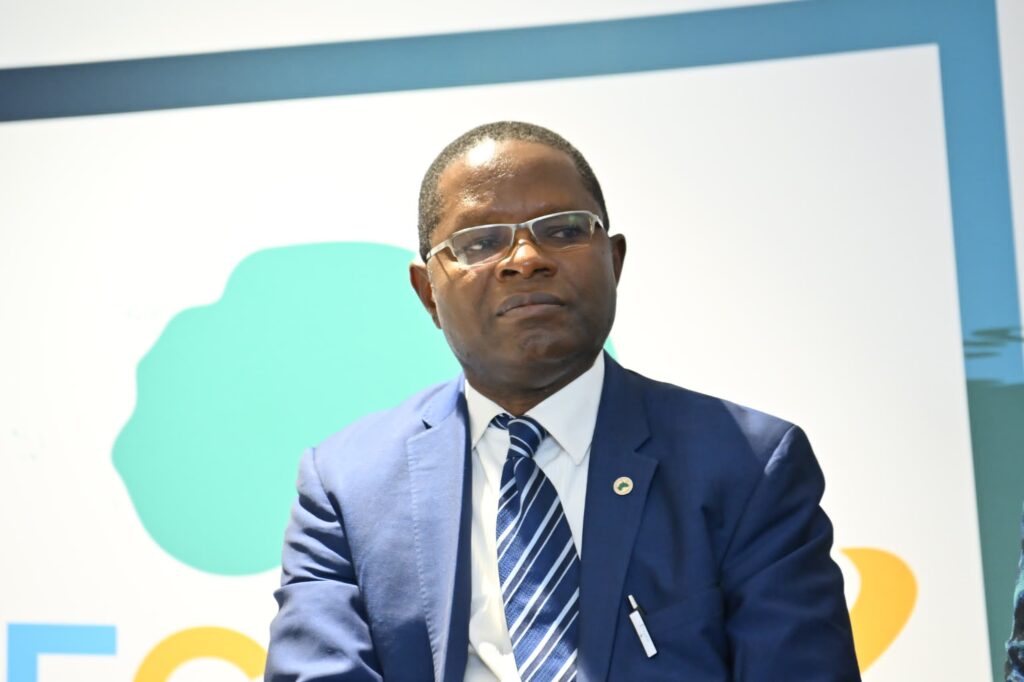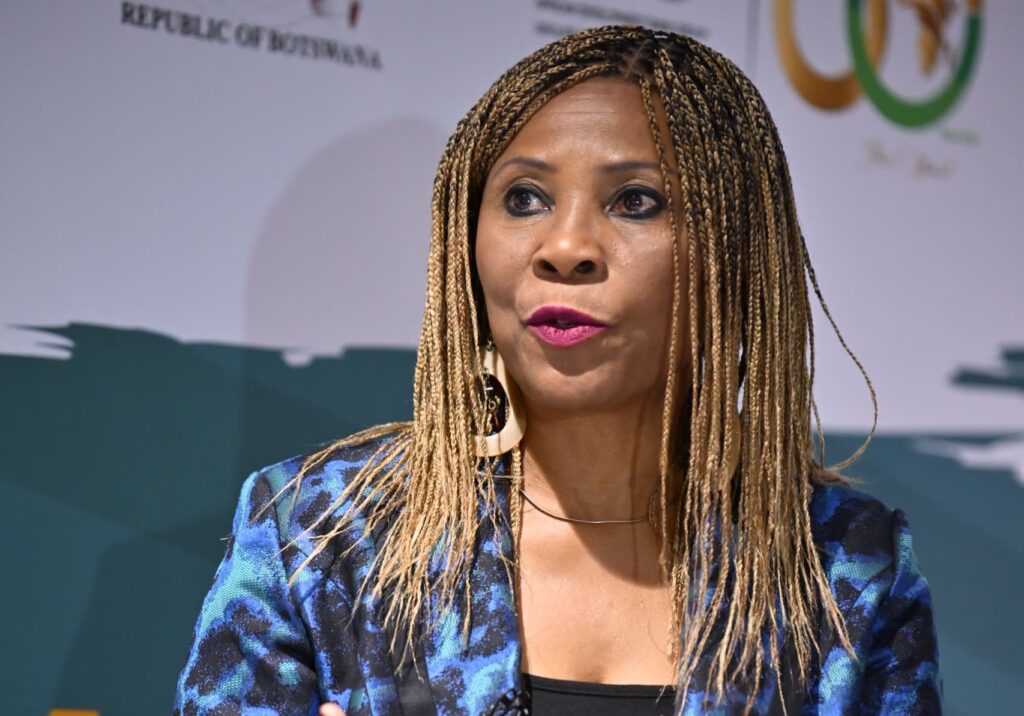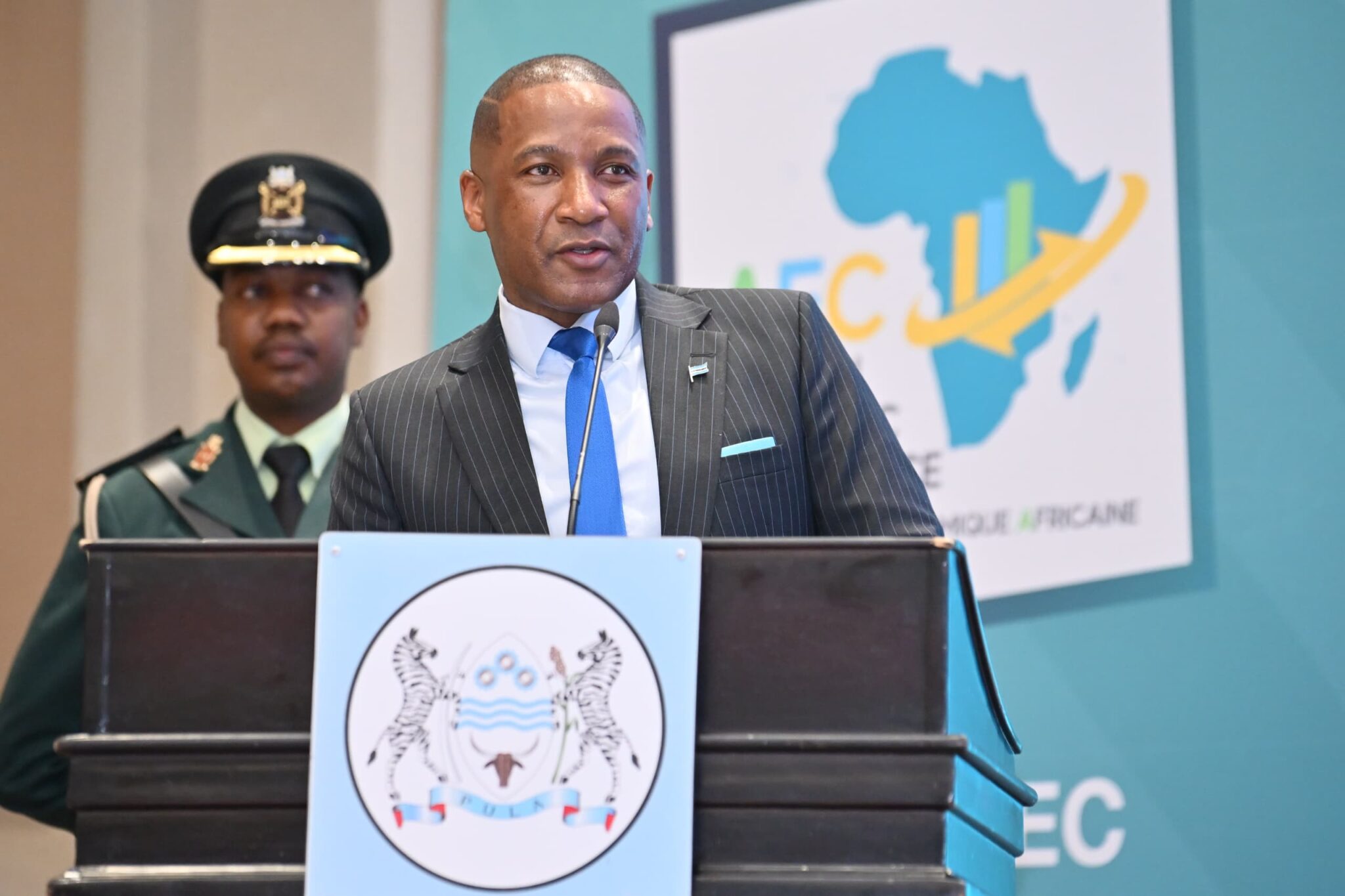By Busani Bafana
Gaborone, Botswana – Accountable governance is tied to Africa’s economic prosperity, Botswana President, Duma Boko, has said, emphasising the need for sweeping reforms to accelerate the continent’s development.
Mr. Boko, speaking at the opening of the 2024 African Economic Conference in Gaborone, Botswana, noted that accountability and good governance were key anchors for peace and stability in Africa that is at crossroads of economic growth.
“Peace and stability in Africa must be anchored on accountable and responsive governance,” Mr. Boko observed, adding that, “This is a fundamental human right for every African citizen. It sets the requisite bedrock for any form of measure for our economic development and its sustainability.”
Accountability and the rule of law are key
The newly elected president highlighted that Africa must prioritise transparency, accountability, and the rule of law to attract foreign investment and ensure long-term growth.
The three-day conference, themed, Securing Africa’s Economic Future Amidst Rising Uncertainty, is being attended by government leaders, policymakers, and experts to address the continent’s economic challenges and opportunities. Organised by the Government of Botswana, the African Development Bank (AfDB), the United Nations Economic Commission for Africa (ECA), and the United Nations Development Programme (UNDP), the event seeks actionable solutions for Africa’s economic growth.
Underlining the imperative for Africa to leverage its collective strengths to secure a prosperous economic future for its citizens, President Boko lamented that geopolitical tensions, internal conflicts, regional disputes and global power struggles were obstacles to the continent’s economic development.
He stressed that strengthening democracy is essential to lifting African citizens out of poverty and securing the continent’s position as a global leader.
President Boko also underscored the importance of Africa’s youth, describing them as the innovators, entrepreneurs, and leaders of tomorrow. He called for significant investment in education and skills development to empower young people.
In addition, he urged strong support for the African Continental Free Trade Area (AfCFTA), which has the potential to foster investment, create jobs, and promote industrialisation. The AfCFTA, launched in 2018, aims to establish a single continental market for Africa’s 1.3 billion people with a combined GDP of approximately $3.4 trillion.
Beyond trade, President Boko emphasised the need to end armed conflicts, urging African leaders to “silence the guns” and honour their commitments to peace. “Unnecessary wars cause immeasurable suffering and hinder development. We must stop acting as our own worst enemies,” he said.
Perspective on Africa’s Challenges and Opportunities
Addressing the conference, the United Nations Under-Secretary-General and Executive Secretary of ECA, Claver Gatete, said sixty years ago leaders of newly independent African countries were challenged by decolonisation and unification but today they are challenged by high debt burden, systemic inequalities, global financial imbalances and the impact of climate change.

“Annual losses from climate disasters alone range between US$290 billion and US$440 billion, while the financing gap for Africa’s Sustainable Development Goals (SDGs) has surged to US$1.3 trillion annually,” Mr. Gatete said, noting that Africa’s external debt surpassed $1 trillion in 2023, with unsustainable interest payments restricting development financing on the continent
“The human cost is equally staggering: nearly 476 million Africans live in poverty today, with 149 million falling into this bracket recently due to cascading climate and economic shocks,” he added.
Despite the challenges, there was hope for Africa, he said, citing that the continent is endowed with 60% of the world’s solar resources, although close to 600 million Africans still lack access to electricity.
Besides, it has vast critical mineral reserves which are essential for the global transition to a green economy and boasts of the youngest population in the world, with nearly 70% of its people under the age of 30.
Mr. Gatete blamed the current global financial and economic system for failing Africa, underlining the urgency of reforms.
“Without bold reforms and decisive action, Africa’s dream of achieving the 17 SDGs by 2030 and the AU Agenda 2063 risk becoming an illusion,” he observed, proposing key reforms to secure Africa’s economic future, including the reform of the global financial system which was unfit for purpose.
“The current structure where Africa is marginalised in decision-making, trapped by unsustainable debt structures, and underserved by climate finance mechanisms, must be addressed,” said Mr. Gatete who called for a reform of the global financial system to prioritize SDG financing, climate adaptation and equitable growth.
Reforms are needed
Prof. Kevin Urama, Chief Economist and Vice-President, African Development Bank Group (AfDB), underscored the need for comprehensive global governance and a reform of the financial architecture and economic development policy.

“We need reforms on how we harness different forms of capital for economic and human development in Africa,” said Urama, emphasising the importance of involving youth in public policy and leadership. “We have to find solutions that are relevant to Africa, for Africa and by Africa.”
Ms. Ahunna Eziakonwa, Assistant Secretary-General and Director of UNDP Africa Bureau, noted that Africa was at the crossroads of development uncertainty and needs to be innovative by optimising sustainable financial solutions and reducing the cost of borrowing and credit rating bias which costs the continent $76 billion in financial resources.

“We must take steps to ensure that Africa’s abundant resources finance its growth,” said Ms. Eziakonwa. “Africa’s money must work for Africa’s people. We must stem illegal flows where $90 billion is lost. Ten of billions of pension, wealth, sovereign funds and insurance funds must be made to work for the continent rather than elsewhere.”

